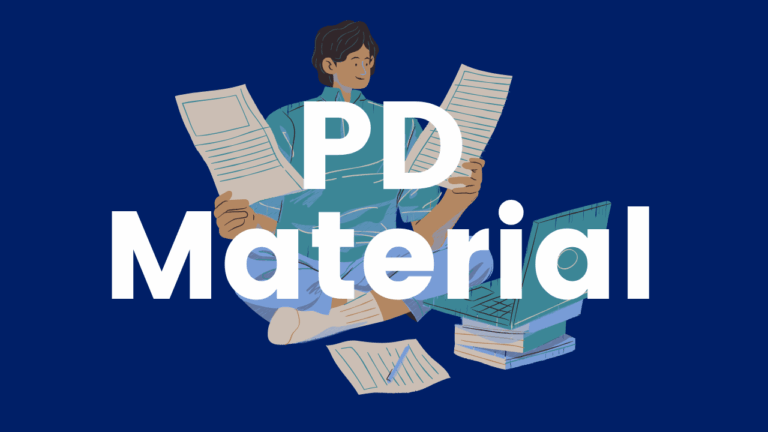Ask the Cognitive Scientist: How Can Educators Teach Critical Thinking?
In this column for American Educator, cognitive scientist Daniel Willingham defines critical thinking and provides strategies for fostering thinking in the everyday classroom. Willingham defines critical thinking in three ways stating it must be: novel, self-directed and effective and that it is the third attribute that makes it difficult as what constitutes effective thinking varies…





